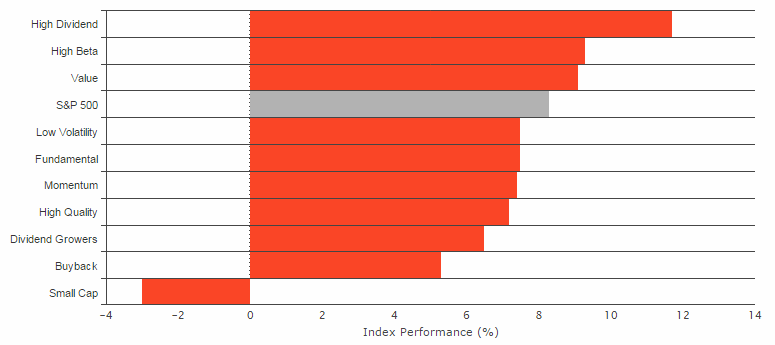The Greek Fraternity of Finance

When we are not nerding-out in front of our computers, or binge-watching CNBC, financial analysts have really interesting lives.
Sort of.
Like members of most other secret fraternities, we are somewhat obsessive about things that make absolutely no sense to anyone in their right mind. Take our passion for Greek letters, for example. What they signify in finance is entirely different than what they might mean in mathematics, or, well Greek. Alpha, beta, delta, epsilon, and theta all have their own unique personalities. So who are these guys, anyway?
Let's start with Beta - the "muscle" of the fraternity. Beta does all the heavy lifting and it represents the extent to which an investment moves on a daily basis relative to an index such as the S&P 500. A high-beta stock (or ETF) is like getting exposure to the market on steroids. It is amazing to watch when times are good, but when things get rough, you'll want to get out of the way.
Alpha is what everyone wants to be - a natural leader and focus of all admiration. Alpha represents the amount to which a portfolio outperformed the market when risk exposure is equalized. So how does one get to Alpha? It takes strength and brains all in one package, otherwise known as "smart beta." This is one of the bigger catchphrases in finance right now, as close to one-third of all investments going into ETFs are for some variety of smart beta fund.
There are a number of well-researched theories on how to produce smart beta. These can include investing in corporate spin-offs, or buying companies that reward shareholders with high dividends and stock-repurchase plans. Some suggest that focusing on fundamental factors such as revenues per share will lead to exceptional returns, while others believe that the key to success is in buying shares of small to mid-sized companies.
What we know is that while many of these strategies may lead to outperformance over time, none of them will outperform all of the time. This year, for example, large companies are outperforming smaller companies, and slow-growth dividend stocks are doing better than everything else.
 (Source: Bloomberg LP and Invesco, data as of September 30th)
(Source: Bloomberg LP and Invesco, data as of September 30th)
Your investments might work well in practice, but do they work well in theory, too? If it is "all Greek" to you, feel free to contact us and we'll turn the "alphabet soup" into something that makes sense.
-Jim Lee, CFA, CMT, CFP®
